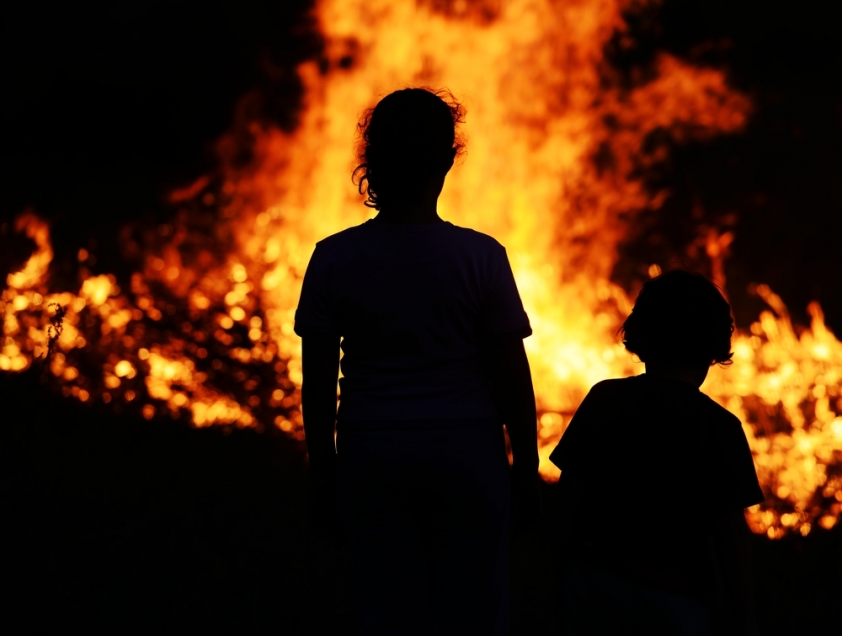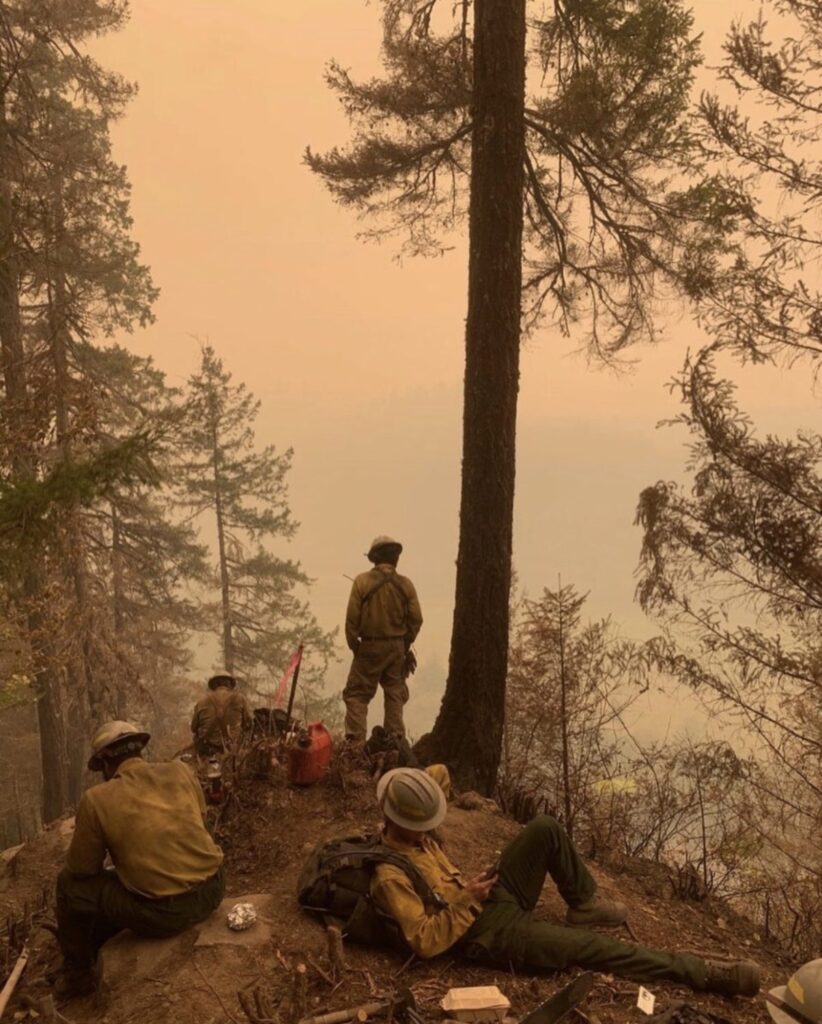Getting Started: West Coast Global Pandemic Edition

This pandemic experience is a massive experiment in collective vulnerability. We can be our worst selves when we’re afraid, or our very best, bravest selves. In the context of fear and vulnerability, there is often very little in between because when we are uncertain and afraid our default is self-protection. We don’t have to be scary when we’re scared. Let’s choose awkward, brave, and kind. And let’s choose each other. – Brene Brown
Seems like we’ve moved from pre-emptively asking ourselves what we’ve learned from this experience to learning the hard way that it’s not just a passing experience inside our regularly programmed lives. It is our lives. It is, in fact, the logical next in the history of our choices. Or, as Arundhati Roy in her essay, The Pandemic is a Portal,, puts it: “It is the wreckage of a train that has been careening down the track for years.” But some of us didn’t see it coming. We didn’t recognize (or perhaps more truthfully were privileged enough to ignore) the signs. We haven’t been our very best, bravest collective selves. And we haven’t acknowledged that to be the best collectively, we need to be our best individually because the influence we have on the collective is ongoing and – it is us.
I might have posted this piece last week had the world not caught on fire. Now, as I write from inside the home I’ve used to protect my family from the pandemic for the last 6 months, I’m aware the air is seeping in, anyway, tasting awful, burning my throat. It is toxic. We chase leaks around the house with tape and pieces of trash bags, but there’s no winning this battle. The world has us by the shoulders desperately shaking us awake. I miss the sky.
Meanwhile, like many schools, the classes for 5-11 year-olds at Opal School are beginning online this week. Our Beginning School is not opening at all. Not yet. We don’t know what happens next. As a group of adults who have professed for years to embrace and value uncertainty, we are finding ourselves fiercely challenged. Perhaps encountering uncertainty in a way we never imagined it would feel. Totally out of control. Totally without precedent. And it’s calling on us to access parts of ourselves that we didn’t even know we had. I know others of you are heading into the school year under a variety of expectations and structures and protocols. But I think what we likely have in common is fear. Fear of getting sick or of someone we love getting sick. Fear on behalf of the children and families. Fear of autocratic government and fascism. Fear of climate change. Fear of losing our homes. Fear of violence. Fear of abuse. Fear of loss. Fear of not being able to breathe.
How do we support one another to be open and vulnerable so that we can turn to one another and listen – no matter how awkward we may feel – so that we can practice being brave and being kind?
When I consider the promise of that kind of individual practice and how it can lead to a collective shift, I feel hope. I feel less afraid. And less alone. We have already experienced loss. We know what that is and we can’t turn back.
No matter how many times I’ve told people that I am fine and I am good, I am really not okay. Are you?
In her poem, Wild Geese, Mary Oliver writes,
Tell me about despair, yours, and I will tell you mine.
Meanwhile the world goes on.
Meanwhile the sun and the clear pebbles of the rain
are moving across the landscapes,
over the prairies and the deep trees,
the mountains and the rivers.
Meanwhile the wild geese, high in the clean blue air,
are heading home again.
Whoever you are, no matter how lonely,
the world offers itself to your imagination,
calls to you like the wild geese, harsh and exciting—
over and over announcing your place
in the family of things.
(Hear her read it here.)
As the world goes on, indifferent to our discomfort or despair, disinterested in our existence – we need to find one another. We need to share our experience of the world and make better sense of who we are.
One of the most damaging outcomes of our own histories of standardization and compliance and developing self-worth through right answers is that we learned to forget that we are capable of imagining ways to make enough to go around. We forget to see how the world offers itself over and over again and that we all have a place– a right to find ourselves in the family of things. As we experience the discomfort of fear, of uncertainty, of not knowing what to do, we can choose to be compassionate towards ourselves, which might help us remember to remember.
That we are changed is already true. But how we are changed is yet to be determined. We can walk through this “portal” as Roy calls it, “dragging the carcasses of our prejudice and hatred, our avarice, our data banks and dead ideas, our dead rivers and smoky skies behind us.” Or we can imagine something new.

It’s hard to be scared when everyone else is scared, too. But it offers us an opportunity to look in places we have a habit of not looking – into the imagination, towards things we haven’t thought of yet, more alert, more attentive to what could be. We can ask more of children who haven’t learned yet to forget how to do that. We can invite them to teach us to remember. Let’s get started.
“Play is the antidote to complacency.”
Aoife, age 10

Thanks Susan! Your writing always has a way of touching my heart and challenging my mind and practice.
This quote resonates with me most in this moment, “That we are changed is already true. But how we are changed is yet to be determined.”
Working within ourselves, with the collective whole and with children, families and colleagues gives us the opportunities to define the HOW we will be changed, individually and collectively.
Thinking of you & The Opal School.
Thank you. I love the authenticity of your writing.
For the last five nights we’ve been having a family slumber party in our bedroom because it has the air purifier in it. This morning, Will woke up and announced to everyone: I have an idea, what if the smoke is the ingredient that’s needed to chase the virus away?